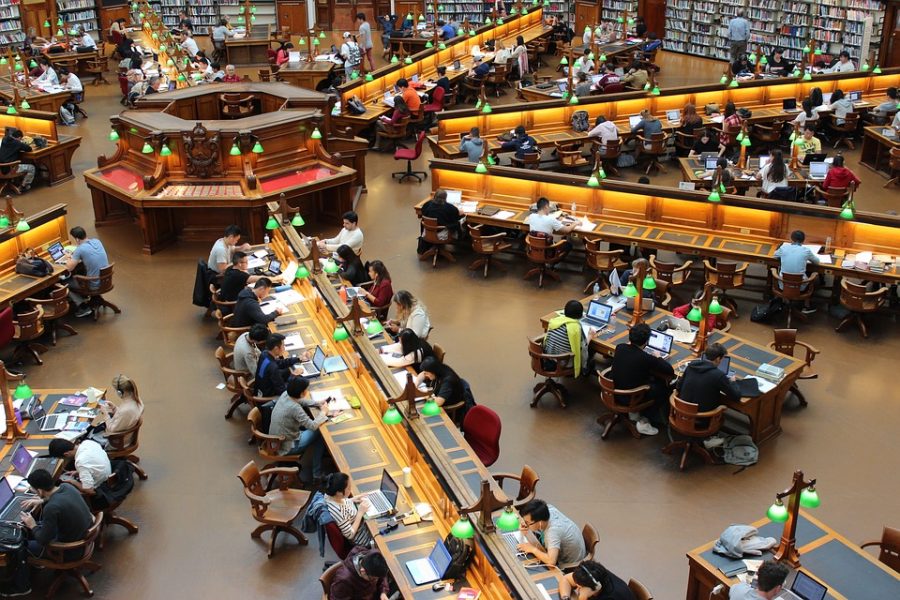Psychology helps the development of an individual from nursery school though adult programs of continuing education. We know that teachers including psychologists are concerned with a number of problems ranging from giving a little extra emotional warmth to the three-year-old, which may need it, to counseling the college freshman and following through the careers of university graduates.
A proportion of the school psychologist’s time is devoted to helping to assess students from intelligence, for achievement and in some cases for evaluation of their emotional problems. Some of his time is spent in interviews with parents and teachers, especially at the early grade levels. Some school psychologists work in special education programs related to ongoing research. They write up case histories, compile test data and help with the in-service training of school personnel, work with teachers on remedial works in basic skills and other areas; and according to some school psychologists, they give, ‘an awful lot of speeches.’

In some schools, particularly at the lower and middle school’s levels, the school psychologist and counselor may be the same person. At the high school level, the job of the counselor may be more specific as he deals with problems of vocational concern, with preadolescent and adolescent emotional and social problems and with a host of details related to career planning for the seniors. Some counselors teach regular classes. There is an ever-growing need for extended career counseling in high schools in view of the fact that vocational decisions, as well as individual and social adjustments, are a continuing process.
The role of the academic psychologist is probably fairly well known to the college student who drops by for a visit outside scheduled office hours. The student may find his instructor in the library, in the laboratory, in the clinic; he may be out consulting or sitting in some departmental meeting. If he is not doing any of these things he may be probably talking to some other student. Also, many psychologists enjoy an occasional visit from the student. In his role of teaching, research, or some other scholarly effort absorbed in discovering, integrating, and communicating information about behavior, the psychologist sometimes needs the renewal of vitality that provides.
Though the college or university is constantly changing, the academic climate does have a permissive atmosphere in which innovative educational ventures can be tried out and long-range research programs allowed to proceed without pressure for application of findings. As for the student, the academic psychologist’s daily life revolves around learning and teaching; but, basically, the psychologist in education is interested in the individual.





